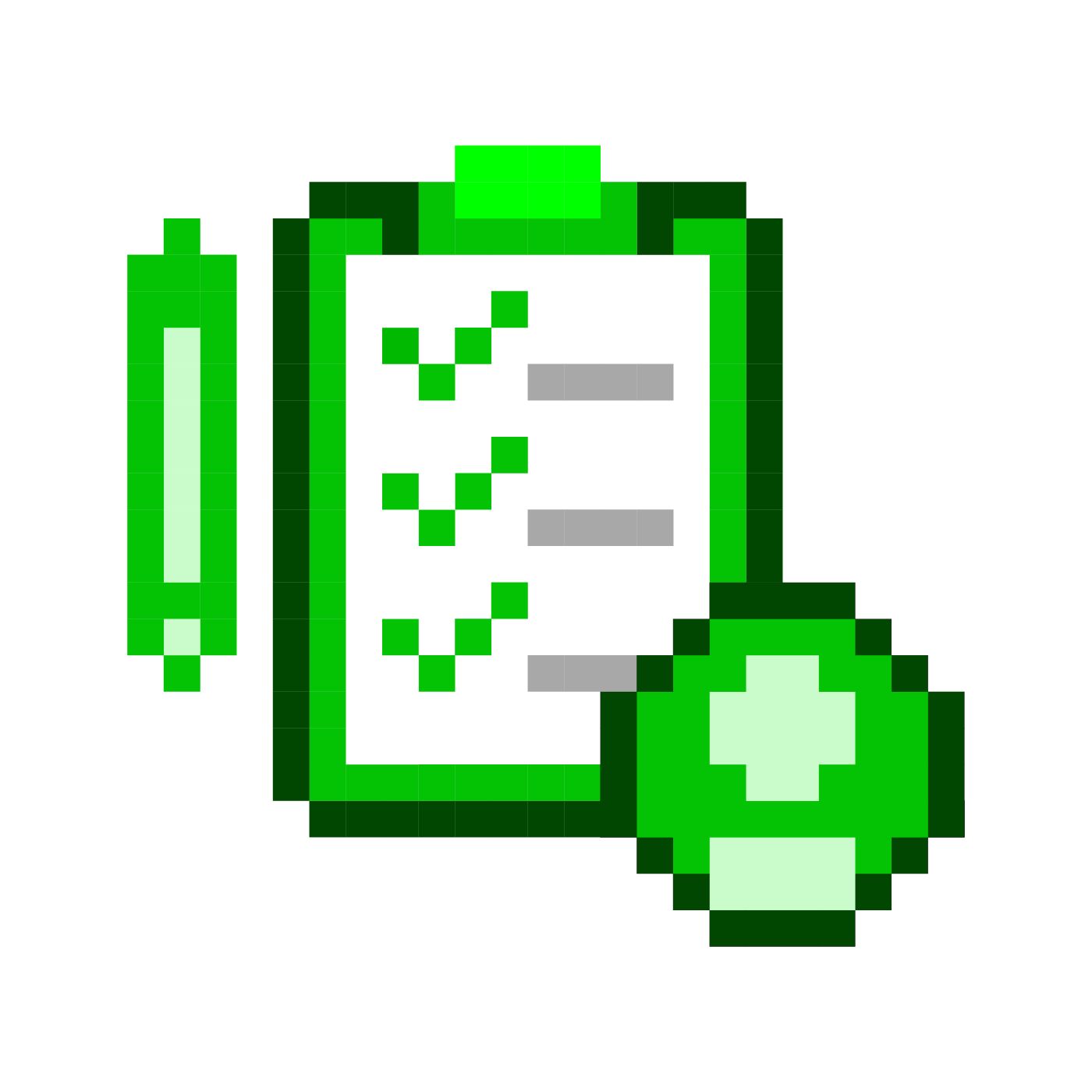The internet changed how we write. AI is changing what writing even means. From copy that almost sounds human to tools that can edit, illustrate, or even empathize, the boundaries between human creativity and machine capability are blurring fast. For some, this feels liberating; for others, unsettling. And for most, it’s both.
In online communities worldwide, people are wrestling with the same questions: How do we stay human when machines act human? How do we keep thinking critically when shortcuts are everywhere? How do we balance AI’s ability to unlock creativity without outsourcing the very spark that makes art, business, and culture thrive?
Got answers? Check out this template to get started!
Emotional Disconnection & AI
A recurring belief is that AI didn’t create emotional numbness; it simply amplifies it. The real roots lie in Web2-era struggles such as social isolation, body dysmorphia on Instagram, or parasocial substitutes like gaming and AI “waifus.” Many point to the way children are overprotected offline but roam freely online without guardrails. When emotional foundations are strong, people are less likely to mistake something that feels human for true human connection.
Education in the Age of AI
AI promises personalized tutoring that adapts to each learner, addressing one of education’s longest-standing flaws: uniformity. Yet concerns are widespread about the erosion of original thought. Surveys of educators show students read less, comprehend less, and increasingly outsource their thinking. The worry is clear. Without careful use, AI could leave us with “copies of copies” rather than original thinkers.
Critical Thinking as Mental Gym
A common strategy is to treat thinking like exercise. Many insist that humans should always draft their own ideas first, however messy, before AI steps in to polish. Just as gyms keep bodies alive in an age where physical exertion is optional, original writing keeps minds alive in an age where cognitive effort can be too easily automated.
AI as a Creative Amplifier
There’s optimism, too. Communities agree AI can be a tool for amplification rather than replacement. Children are already using creative apps to compose music with AI assistance, and professionals are using it to refine their work. But as with any tool, the results depend on the human hand behind it.
Work, Hiring, and Human Value
When it comes to jobs, AI may replace tasks, but not the human qualities of problem-solving, adaptability, humility, and first-principles thinking. Many argue that employees of the future must think more like founders, making themselves valuable across functions and not just as single-skill specialists.
What Makes Us Human?
Despite speculation about AI reaching sci-fi levels, the consensus is that humanity’s essence remains unchanged. Needs for touch, conflict, repair, and spontaneity are non-negotiable. What unsettles people is how conversational AI mirrors us back to ourselves—close enough to feel human, but never quite crossing the boundary.
Looking Ahead
Predictions point toward a growing appreciation for physical and “blue-collar” skills, domains where AI cannot yet compete. Others still wait for the long-promised breakthroughs in fields like medicine, where AI could genuinely transform human health.
Writing in the Age of AI
One principle is being rethought: the obsession with validation. Writers and creators increasingly argue that showing up consistently matters more than chasing applause. Frequency over perfection. Process over outcome. That’s what keeps creativity alive in the AI era.
------------------------------------------------------------------------------------------------------------------------------
The age of AI isn’t just about faster outputs or smarter tools. It’s about redefining how we connect, learn, create, and value our own humanity in the process. These shifts don’t come with a handbook—but they do come with collective curiosity.
The following questions were presented to the 50+ people in attendance of HackerNoon’s Vietnam event on the fate of humanity and what it means to be human in the age of AI. The HackerNoon editorial team is now opening these questions up to the broader HackerNoon community for a chance to let the world know what YOU think about the fate of the world as AI takes over.
-------------------------------------------------------------------------------------------------------------------------------
How do we avoid becoming emotionally “numb” or disconnected in an age where AI mimics emotional labor?
How does education change as AI’s ability to outperform humans on various tasks increases?
How do we avoid becoming incapable of critical thinking, by “delegating” our thought process?
Can AI be used to enhance creativity instead of outsourcing it?
How does AI unlock you as a creator or business leader to do things you were previously unable to? How can it help unlock the audience?
How does AI shift your priorities as hiring managers?
Do you think what makes us human will change as well when AI reaches a sci-fi level? (we'll be different species)
Highly value skills in industries in 5-10 years / AI breakthrough - game changer prediction
If you could erase one writing/blogging “principle” from everyone’s mind, what would it be and why?
How to start writing career? Build personal brand from 0, and know how to use AI on the way?
Is it right if you use AI in writing books, published articles?
--------------------------------------------------------------------------------------------------------------------------------

